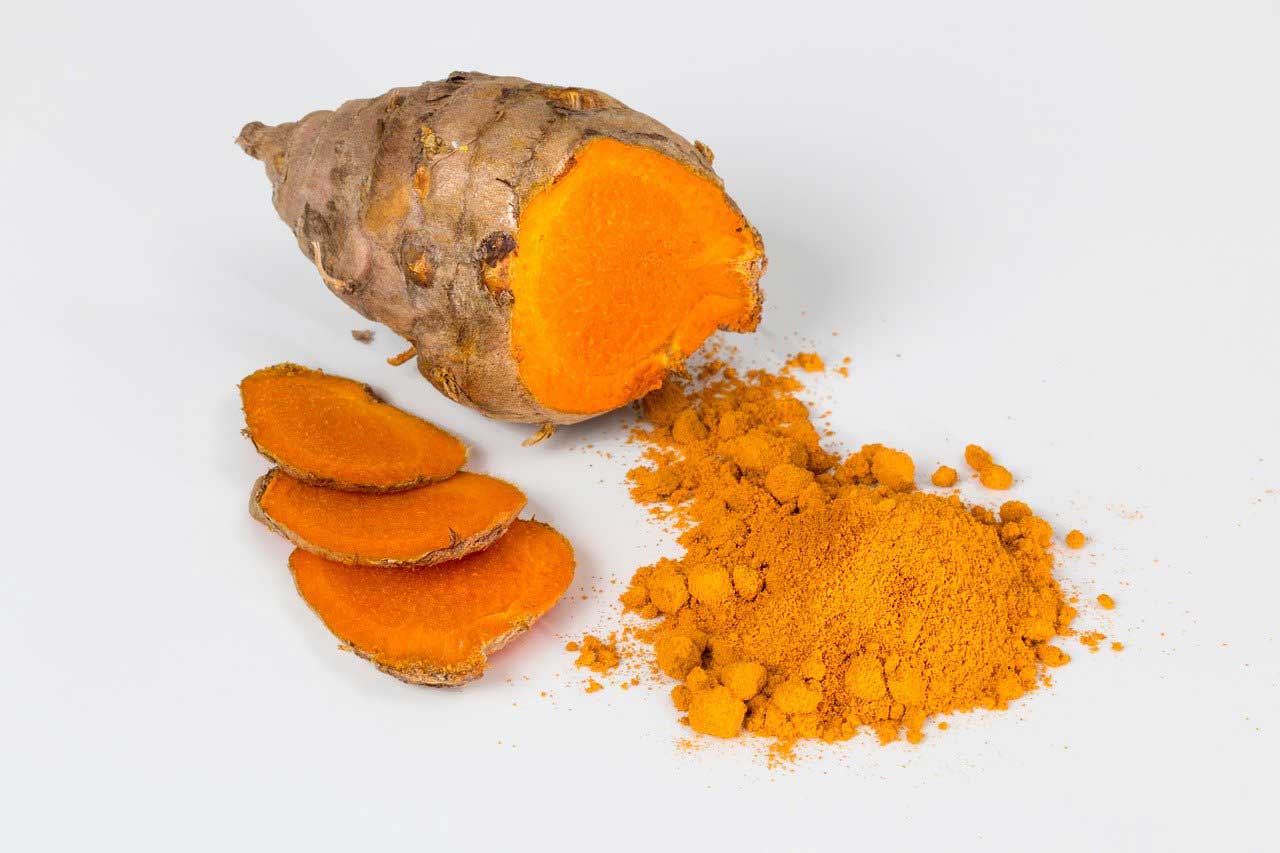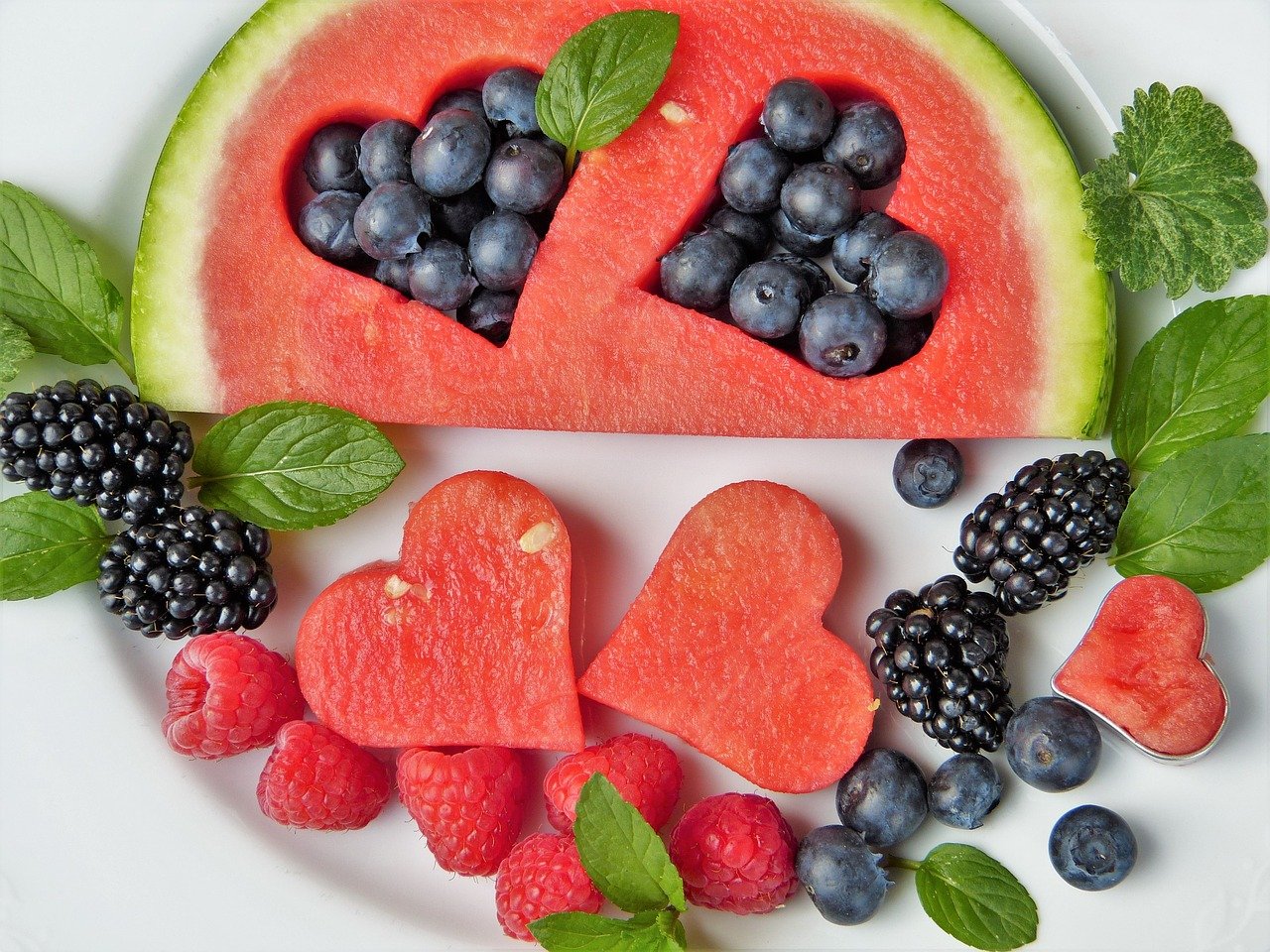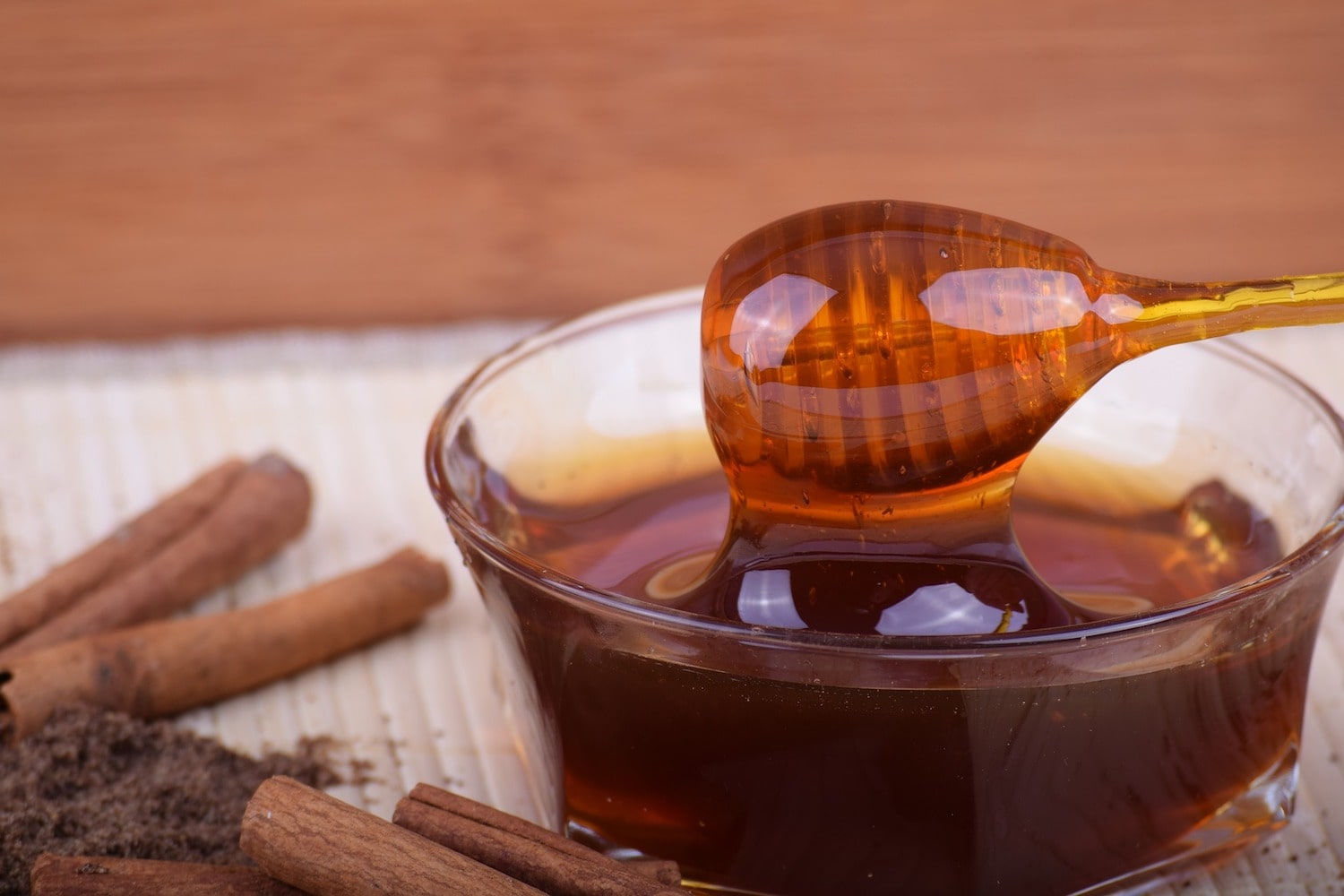As time passes by, many of us may notice a few changes on our skin. A few lines may appear seemingly out of nowhere, skin sagging in places you didn’t expect. Signs of aging that are simply part of late adulthood. Fortunately, there are certain supplements and vitamins for skin health that you can add to your diet for healthier-looking skin.
Aging was never ugly in the first place. The best way to age gracefully is to embrace these changes in our body – after all, it is a natural process that is just a part of becoming mature and wiser that you ever did, a metamorphosis that makes you beautiful both inside and out.
But just because you have accepted these changes doesn’t mean you don’t need self care anymore. In fact, this is a great time to pamper yourself with vitamins for skin health that your body needs to maintain healthy and glowing skin. Who says aging can’t be beautiful?
8 Vitamins and Supplements For Good Skin Health
While these supplements can’t turn back time, it is a healthy addition to your diet that will definitely help you preserve and improve your skin’s health. Part of aging is that your cells won’t be as good at keeping and processing nutrients like it used to. Therefore, these supplements and vitamins for skin health will help you sustain healthier skin that can slow down the inevitable process of aging.
Here is a list of supplements and vitamins for skin health that can help you combat the damaging effects of aging to your skin.[1]
1. Curcumin
Curcumin is the main compound that makes up turmeric – the yellow spice which gives curry its signature earthy and ginger-y flavor.
Curcumin also happens to have a potent antioxidant property, which is responsible for turmeric’s status as a sought-after superfood. Plenty of animal and human studies have found that curcumin is able to prevent or slow down cellular damage and diseases associated with aging.[2]
For instance, one clinical study which involved 28 women in their thirties found that using a gel based on turmeric, rosemary, and gotu kola on their skin resulted in better skin firmness and an overall improvement in the subjects’ self-evaluations after just 4 weeks of daily use.[3]
Curcumin was also found to modulate the synthesis of collagen – a structural protein which makes up the majority of our skin tissue. More collagen also means that your skin has a better protective barrier against environmental toxins, along with better moisture retention.[4]
2. Resveratrol

Resveratrol is another polyphenol antioxidant found in grapes, peanuts, berries, and red wine.
As an antioxidant, resveratrol protects body from the degenerative effects of aging on skin, as well as strengthening its protection against everyday damage.
Additionally, resveratrol activates sirtuins, enzymes that are known to be closely involved with the aging process. Sirtuin activating compounds such as resveratrol have been found to help extend the lifespans of yeast, worms, flies, and fish throughout many studies.[4]
Unfortunately, human studies on resveratrol are quite limited. But in a study published in 2012, a clinical trial among those who took resveratrol for 60 days showed stellar results: the subjects had better skin elasticity, higher moisture, less roughness, and had a noticeable decrease in age spots, compared to those who had a placebo.[5]
3. Epigallocatechin gallate (EGCG)
The name may appear intimidatingly long, but EGCG is simply the polyphenol antioxidant that you can get from green tea, a beverage that is renowned for its potent antioxidant properties. One of its many known benefits is that it helps promote longevity while having protective effects for the skin.
EGCG slows down aging by boosting mitochondrial function – which you may already know as the “powerhouse” of the cell. By boosting your mitochondrial health, EGCG helps preserve overall health, increase energy levels, and promote longevity.[6]
Regular green tea consumption is also known to protect the skin from the sun’s harmful UV rays, which can accelerate skin aging upon prolonged exposure.
4. Collagen
Collagen is a structural protein which makes up most of our skin’s structure. Over time, our bodies produce less collagen, which is one of the main reasons why our skin loosens and wrinkles as we age.
To prevent counter the inevitable effects of aging, studies have suggested that taking collagen supplements can help you maintain your skin’s structure.
In a study from 2019, 72 women took 2.5 grams of collagen supplements daily for 12 weeks. Afterwards, the participants experienced better skin hydration, less roughness, and better elasticity – traits of younger skin.[7]
5. Crocin

Crocin is the carotenoid pigment found in saffron, a rare and expensive spice that is typically used in Indian, Middle Eastern, and Spanish cuisine.
As a carotenoid, crocin offers a lot of antioxidant properties. This includes anti-aging benefits, as it helps slow down cell degeneration associated with aging.
As for our skin, crocin was found to prevent aging by reducing inflammation and protecting against the sun’s harmful UV ways.[8]
6. Garlic
Garlic doesn’t just provide an additional savory taste to dishes – it also has strong medicinal properties that had been used for hundreds of years. This is because garlic has strong anti-inflammation and antioxidant properties that can help your body fight a wide range of illnesses, from the minor colds to preventing certain types of cancers.[9]
Some studies have also found that garlic can prevent skin aging, coming from its powerful health benefits.
For instance, a study found that active garlic components (caffeic acid, s-allyl cysteine, and uracil) were found to inhibit UV-induced wrinkle formation.[10] These compounds do so by inhibiting MMP compounds (matrix metalloproteinase), which degrade collagen and other connective proteins that make up the outer layer of our skin.
7. L-Theanine
L-theanine is another beneficial amino acid that comes from green tea, which is known to protect cells from damage coming from its antioxidant activity. While it is mostly known for its weight loss and fat burning benefits, l-theanine contains certain vitamins for skin health.
Similar to other antioxidants, l-theanine can slow down aging by promoting stress resistance and longevity in the cellular level.[11]
8. Coenzyme Q10 (CoQ10)
It may sound like a chemical synthesized in a laboratory, but Coenzyme Q10 is an antioxidant that our bodies naturally produce. A few of its main roles is to synthesize energy and to protect our cells from degradation and damage. Unfortunately, our CoQ10 levels decline as we age, slowly lowering our cells’ defenses and energy levels.
Thankfully, coenzyme Q10 can be taken as supplements for skin health, and studies have found that CoQ10 supplementation really helps in improving the quality of life of older adults. This included fewer hospital visits, and a slower deterioration of physical and mental performance.[12]
Just like the other antioxidants in this list, CoQ10 can also help preserve the youthfulness of your appearance by reducing the impact of sun damage and protect against other damaging elements.
When applied topically, CoQ10 has even shown to decrease the depth of wrinkles, a remarkable feat for an anti-aging compound.[13]
Additional Tips for Fighting Skin Aging
Apart from taking these beneficial supplements and vitamins for skin health, there are other natural ways that you can reduce the impact of aging. You don’t need expensive or invasive procedures to stop your wrinkles from happening. Instead, taking good care of yourself through the little details of life will slow down the inevitable effects of aging, both inside and out!

According to the American Academy of Dermatology Association, here are a few simple tips you can follow to reduce premature skin aging.[14]
- Protect your skin from the sun. While getting enough sun is good for you (for that extra vitamin D), too much exposure to UV rays can actually accelerate skin aging. If you’re frequently exposed to sunlight, it is best to apply sunscreen everyday to protect yourself from the damage caused by the sun. Wearing a wide-brimmed hat, sunglasses, long-sleeved shirts, pants, and carrying an umbrella with you will also serve as additional protection.
- Stop smoking. If you’re a regular smoker, here’s another reason why you should quit – smoking actually speeds up skin aging, causing wrinkles and a dull complexion.
- Eat a balanced diet. What you eat greatly contributes to your skin’s health. No matter how much product you lather on your skin, an unhealthy diet may completely negate your efforts to preserve your skin. Part of taking great care of your skin is to eat more of a rainbow of fruits, vegetables, whole wheat carbohydrates, and less of the inflammation-promoting processed foods.
- Drink less alcohol. As much as alcohol can damage your skin on the outside, it can damage your skin too even from consuming them as a beverage. Alcohol dehydrates the skin and accelerates signs of aging as time goes by. Try to keep alcohol consumption in moderation, and always make sure to stay hydrated.
- Exercise regularly. Exercising is one of the best activities you can do for your body, especially if you don’t get to move around much in your daily routine. Studies have shown that exercise improves circulation, which helps keep your skin cells hydrated and well-nourished for that youthful glow.
- Moisturize daily. Sometimes, water isn’t enough to keep your skin hydrated. Applying moisturizer on your skin helps it keep hydrated, giving it a youthful appearance.
Conclusion
Aging is a natural process that no one should be ashamed of. The best way to age gracefully is to embrace your metamorphosis by taking great care of yourself through natural ways.
One way is to take supplements and supplements for skin health that can help slow down the effects of aging. As we age, we produce less of the antioxidants that would normally help us fight off cellular damage and degeneration. Thus, supplementation helps us maintain your cellular health, helping you stave off aging by a couple of years.
Coupled with a healthy lifestyle and frequent stress management, you’re set to attain happiness and longevity throughout your golden years. References
[1] Kubala, J. (2020, April 6) The 12 Best Anti-Aging Supplements. Retrieved on October 3, 2020 from https://www.healthline.com/nutrition/anti-aging-supplements
[2] Bielak-Zmijewska, A., Grabowska, W., Ciolko, A., Bojko, A., Mosieniak, G., Bijoch, Ł., & Sikora, E. (2019). The Role of Curcumin in the Modulation of Ageing. International journal of molecular sciences, 20(5), 1239. https://doi.org/10.3390/ijms20051239
[3] Vollono, L., Falconi, M., Gaziano, R., Iacovelli, F., Dika, E., Terracciano, C., Bianchi, L., & Campione, E. (2019). Potential of Curcumin in Skin Disorders. Nutrients, 11(9), 2169. https://doi.org/10.3390/nu11092169
[4] Wein, H. (2013, March 25) How Resveratrol May Fight Aging. Retrieved on October 3, 2020 from https://www.nih.gov/news-events/nih-research-matters/how-resveratrol-may-fight-aging
[5] Buonocore, D., Lazzeretti, A., Tocabens, P., Nobile, V., Cestone, E., Santin, G., Bottone, M. G., & Marzatico, F. (2012). Resveratrol-procyanidin blend: nutraceutical and antiaging efficacy evaluated in a placebocontrolled, double-blind study. Clinical, cosmetic and investigational dermatology, 5, 159–165. https://doi.org/10.2147/CCID.S36102
[6] Shi, W., Li, L., Ding, Y., Yang, K., Chen, Z., Fan, X., Jiang, S., Guan, Y., Liu, Z., Xu, D., & Wu, L. (2018). The critical role of epigallocatechin gallate in regulating mitochondrial metabolism. Future medicinal chemistry, 10(7), 795–809. https://doi.org/10.4155/fmc-2017-0204
[7] Bolke, L., Schlippe, G., Gerß, J., & Voss, W. (2019). A Collagen Supplement Improves Skin Hydration, Elasticity, Roughness, and Density: Results of a Randomized, Placebo-Controlled, Blind Study. Nutrients, 11(10), 2494. https://doi.org/10.3390/nu11102494
[8] Fagot, D., Pham, D. M., Laboureau, J., Planel, E., Guerin, L., Nègre, C., Donovan, M., & Bernard, B. A. (2018). Crocin, a natural molecule with potentially beneficial effects against skin ageing. International journal of cosmetic science, 40(4), 388–400. https://doi.org/10.1111/ics.12472
[9] Kim H. K. (2016). Garlic Supplementation Ameliorates UV-Induced Photoaging in Hairless Mice by Regulating Antioxidative Activity and MMPs Expression. Molecules (Basel, Switzerland), 21(1), 70. https://doi.org/10.3390/molecules21010070
[10] Kim, S. R., Jung, Y. R., An, H. J., Kim, D. H., Jang, E. J., Choi, Y. J., Moon, K. M., Park, M. H., Park, C. H., Chung, K. W., Bae, H. R., Choi, Y. W., Kim, N. D., & Chung, H. Y. (2013). Anti-wrinkle and anti-inflammatory effects of active garlic components and the inhibition of MMPs via NF-κB signaling. PloS one, 8(9), e73877. https://doi.org/10.1371/journal.pone.0073877
[11] Zarse, K., Jabin, S., & Ristow, M. (2012). L-Theanine extends lifespan of adult Caenorhabditis elegans. European journal of nutrition, 51(6), 765–768. https://doi.org/10.1007/s00394-012-0341-5
[12] Johansson, P., Dahlström, Ö., Dahlström, U., & Alehagen, U. (2015). Improved Health-Related Quality of Life, and More Days out of Hospital with Supplementation with Selenium and Coenzyme Q10 Combined. Results from a Double Blind, Placebo-Controlled Prospective Study. The journal of nutrition, health & aging, 19(9), 870–877. https://doi.org/10.1007/s12603-015-0509-9
[13] Hoppe, U., Bergemann, J., Diembeck, W., Ennen, J., Gohla, S., Harris, I., Jacob, J., Kielholz, J., Mei, W., Pollet, D., Schachtschabel, D., Sauermann, G., Schreiner, V., Stäb, F., & Steckel, F. (1999). Coenzyme Q10, a cutaneous antioxidant and energizer. BioFactors (Oxford, England), 9(2-4), 371–378. https://doi.org/10.1002/biof.5520090238
[14] American Academy of Dermatology Association. (n.d.) 11 Ways To Reduce Premature Skin Aging. Retrieved on October 4, 2020 from https://www.aad.org/public/everyday-care/skin-care-secrets/anti-aging/reduce-premature-aging-skin









